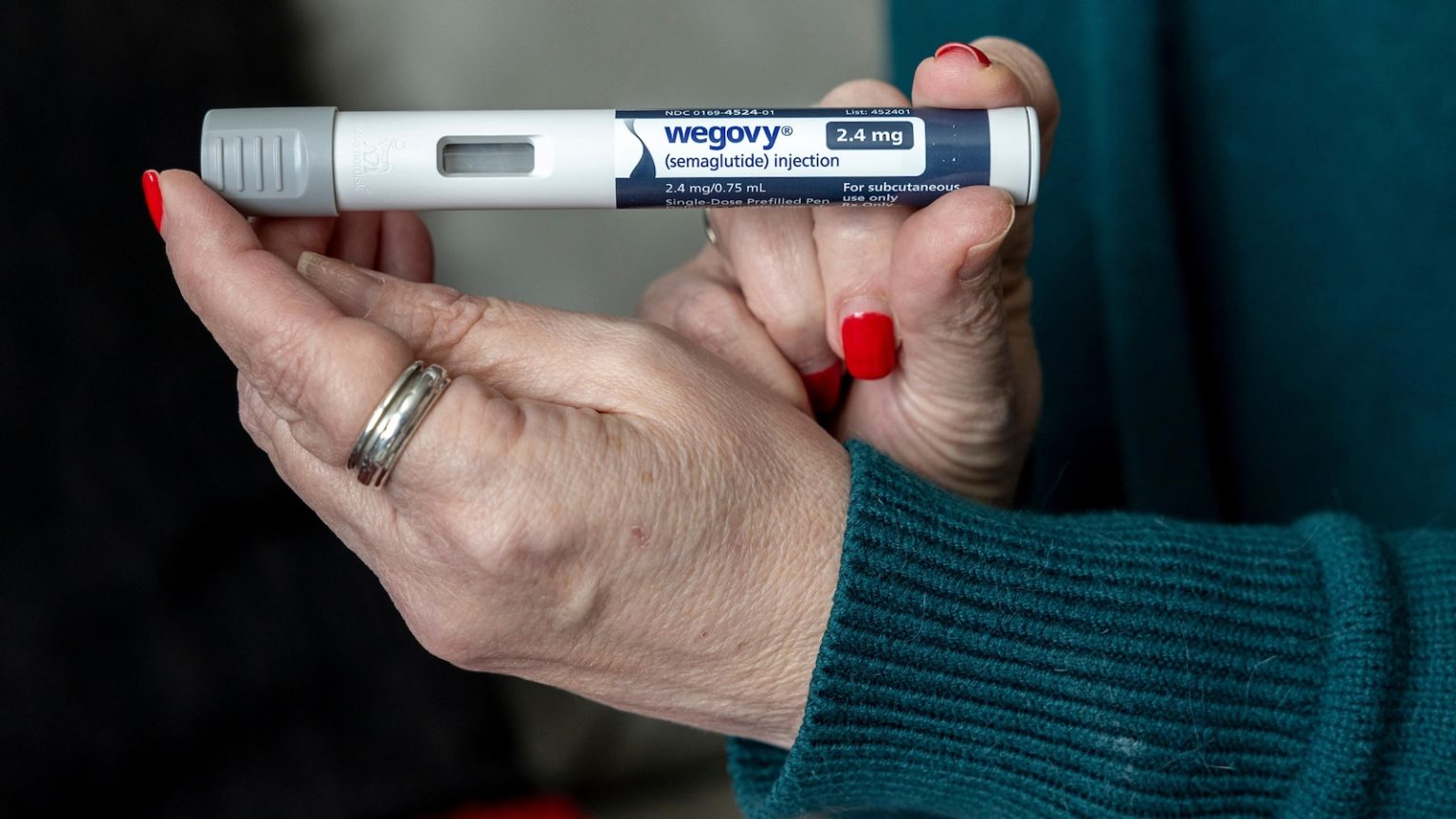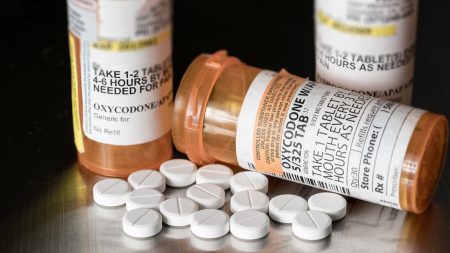Breakthrough Discovery: Obesity Medications Show Promise in Reducing Alcohol Consumption
In a groundbreaking development, researchers have found that medications initially designed to treat obesity may also hold the key to helping people reduce their alcohol intake. A recent government-funded study, published in the Journal of the American Medical Association (JAMA) Psychiatry, suggests that drugs like semaglutide, found in medications such as Ozempic and Wegovy, could play a significant role in managing alcohol cravings. While the study was small, involving just 48 adults over a span of nine weeks, the results are promising and add to growing evidence that these medications may have broader applications beyond weight management, potentially aiding in the treatment of addiction.
How GLP-1 Receptor Agonists Work
The medications in question belong to a class of drugs known as GLP-1 receptor agonists. These drugs work by mimicking a natural hormone in the body, glucagon-like peptide-1 (GLP-1), which is produced in the gut and plays a crucial role in regulating appetite and feelings of fullness. By targeting the brain and gut, these medications not only help people feel fuller faster but also appear to influence cravings for substances like food, tobacco, and alcohol. In the study, researchers focused on semaglutide, a specific GLP-1 receptor agonist, to explore its effects on alcohol consumption. The results were striking: participants who received the medication reported significantly reduced drinking habits compared to those who received a placebo.
The Study: A Closer Look
The study recruited individuals who exhibited symptoms of alcohol use disorder, such as difficulty controlling their drinking, but were not actively seeking treatment. Participants were first invited to a lab where they were served their favorite alcoholic beverage and allowed to drink as much as they wanted over a two-hour period. They were then randomly assigned to receive either weekly injections of semaglutide or sham injections. Over the course of nine weeks, participants tracked their drinking habits and their desire for alcohol. At the end of the study, they returned to the lab for another drinking session with their favorite alcohol.
The findings were impressive. By the final weeks of the study, nearly 40% of participants in the semaglutide group reported no heavy drinking days, compared to 20% in the placebo group. Additionally, during the final lab visit, those who received semaglutide drank roughly half the amount of alcohol, on average, compared to those who received the placebo. These results suggest that semaglutide may be a valuable tool in reducing alcohol consumption, potentially offering hope for individuals struggling with alcohol use disorder.
Beyond Alcohol: Potential Applications in Addiction Treatment
The implications of this research extend far beyond alcohol. Scientists are currently exploring the use of GLP-1 receptor agonists in treating other forms of addiction, including smoking, opioid addiction, and cocaine use. For example, Luba Yammine of UTHealth Houston, who is leading separate research on GLP-1 drugs for smoking cessation, noted that smokers in the study who received semaglutide also cut back on cigarettes. While these findings are promising, more research is needed to confirm their effectiveness and safety in different populations.
Safety Considerations and Next Steps
While the results of the study are encouraging, experts caution that more research is needed before these medications can be widely recommended for alcohol use disorder. One key concern is the safety of these drugs for people who are not overweight, as all participants in the study were overweight. Dr. Klara Klein, a co-author of the study and a specialist in treating diabetes and obesity, emphasized that larger, longer-term studies are necessary to fully understand the benefits and risks of using these medications for addiction treatment.
The Future of Addiction Treatment
Despite the need for further research, the study provides valuable insights into the potential role of GLP-1 receptor agonists in treating addiction. Dr. Lorenzo Leggio, an NIH researcher leading a 20-week trial of semaglutide for alcohol use disorder in Baltimore, noted that the findings are an important step forward. However, he stressed that larger randomized clinical trials are needed to confirm these results and establish the long-term safety and efficacy of these medications. As research continues, these drugs may offer a new hope for individuals struggling with addiction, providing a much-needed addition to the limited arsenal of treatments currently available.
In summary, this study highlights the potential of GLP-1 receptor agonists to transform the treatment of alcohol use disorder and possibly other addictions. While more research is needed, the findings are a promising start, offering hope for more effective and innovative approaches to managing addiction in the future.















